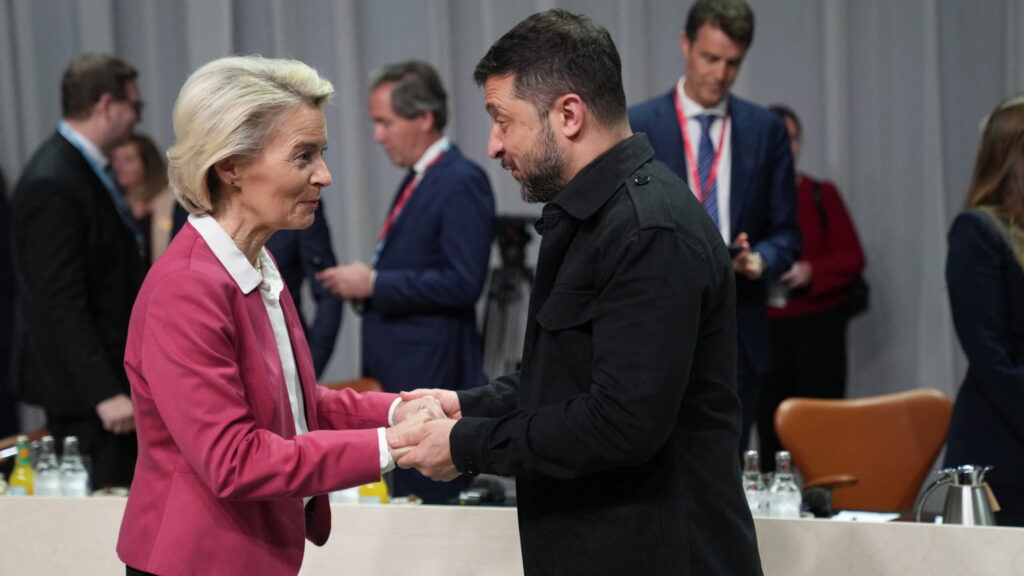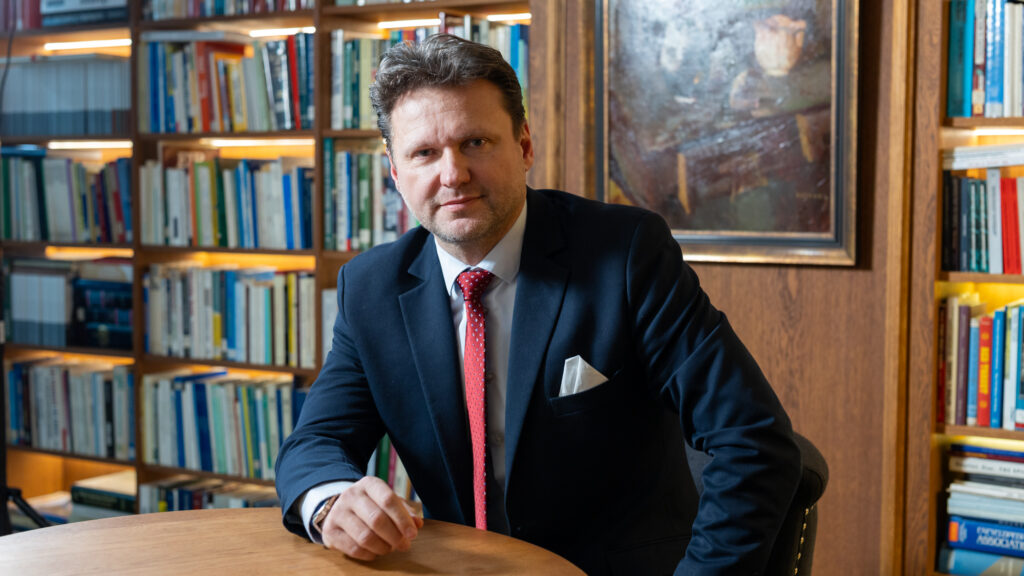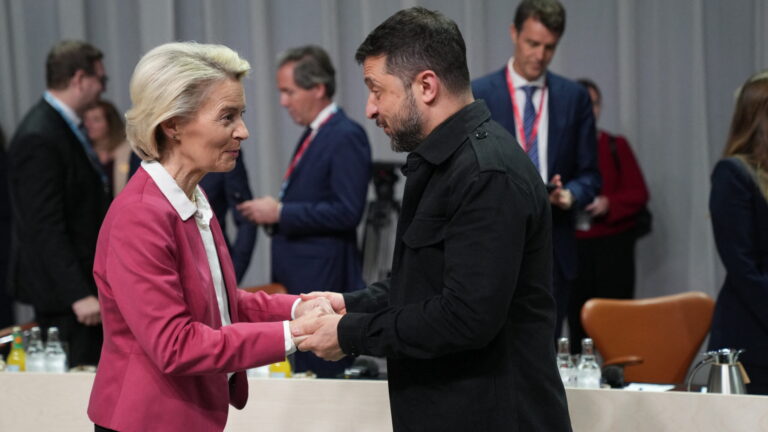The Constitution will now enshrine the primacy of domestic law over international law.
On 26 September 2025, the National Council of the Slovak Republic adopted a constitutional amendment submitted by the government of Robert Fico, aimed at strengthening traditional values to preserve Slovakia’s cultural heritage.
The amendment, approved by members of parliament, emphasizes Slovakia’s sovereignty in matters of fundamental cultural and ethical significance, including the protection of life and human dignity, private and family life, as well as marriage and family. The Constitution now explicitly stipulates that the Slovak Republic recognizes only two genders, namely male and female.
Henceforth, a minor child may be adopted by married couples. A single person may adopt a child only if the adoption is in the child’s best interests and is approved by the court. Parents will also be granted the right to decide on their children’s participation in any education that extends beyond the state curriculum, including instruction related to sexual life and sexual behaviour.
The principle of equal pay for equal work between men and women is also being introduced.
Although the current governing coalition holds only a slim majority over the opposition, 90 members of the 150-seat legislature voted in favour of the proposal. The law is expected to face severe criticism from EU institutions and NGOs.
Related articles:







